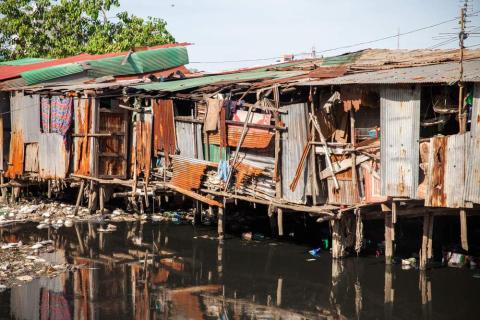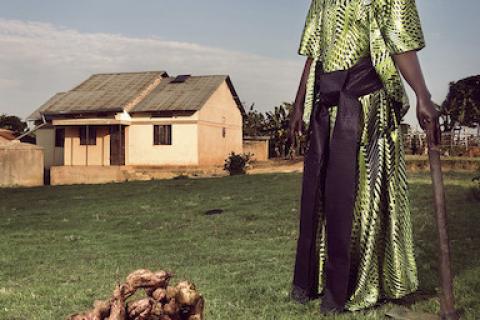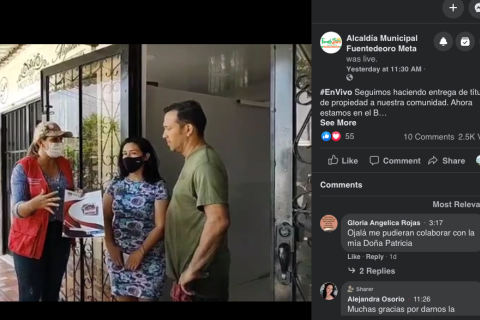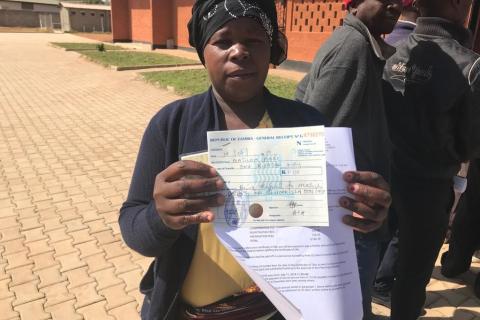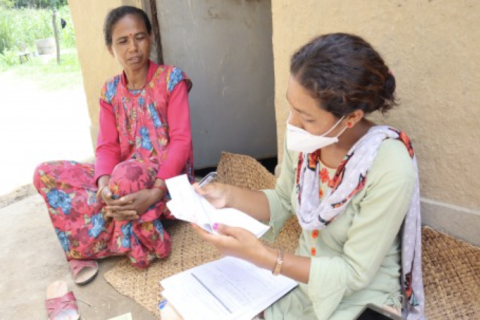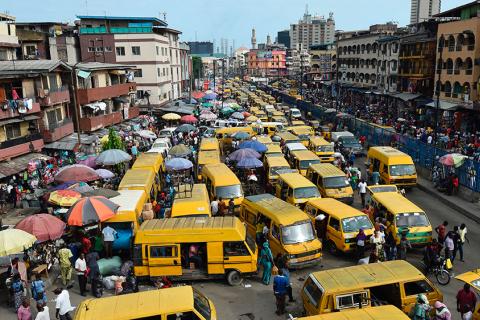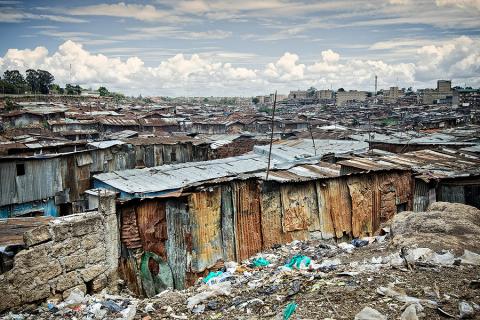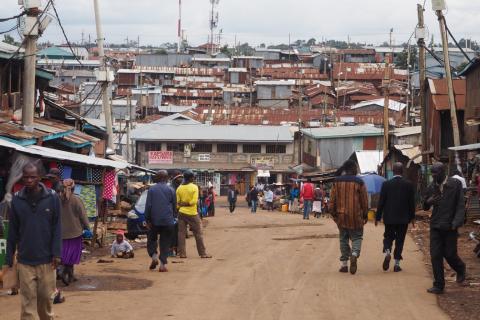Solid Ground: Applying lessons from an advocacy campaign in the context of a global pandemic
The world has changed in the year and a half since Habitat for Humanity closed Solid Ground, a 4-year global advocacy campaign to increase access to land for shelter. The significant impacts of the COVID-19 pandemic and its economic fallout are still unfolding. The Solid Ground campaign helped to change policies and systems to improve access to land for shelter for over 12 million people.

